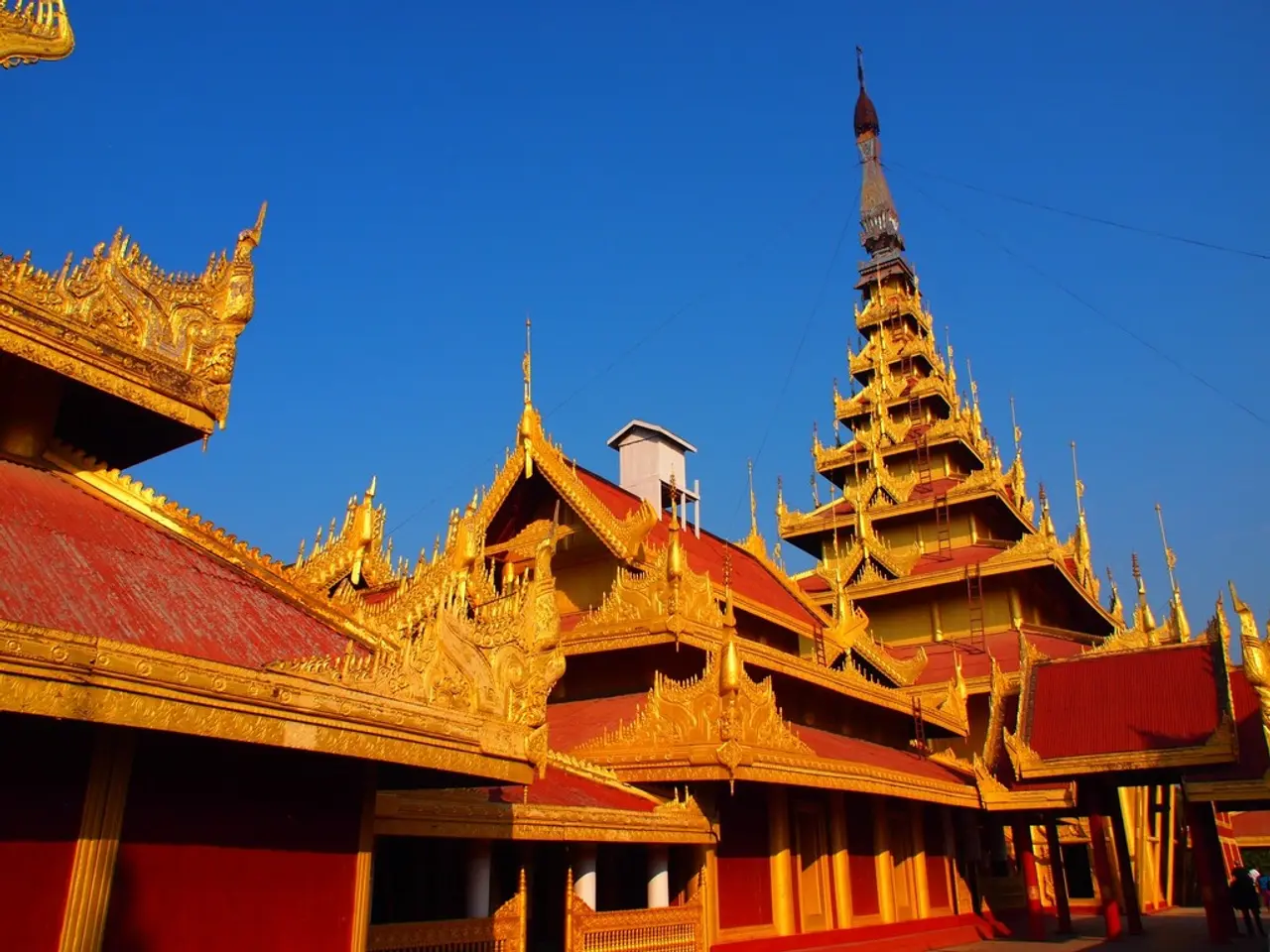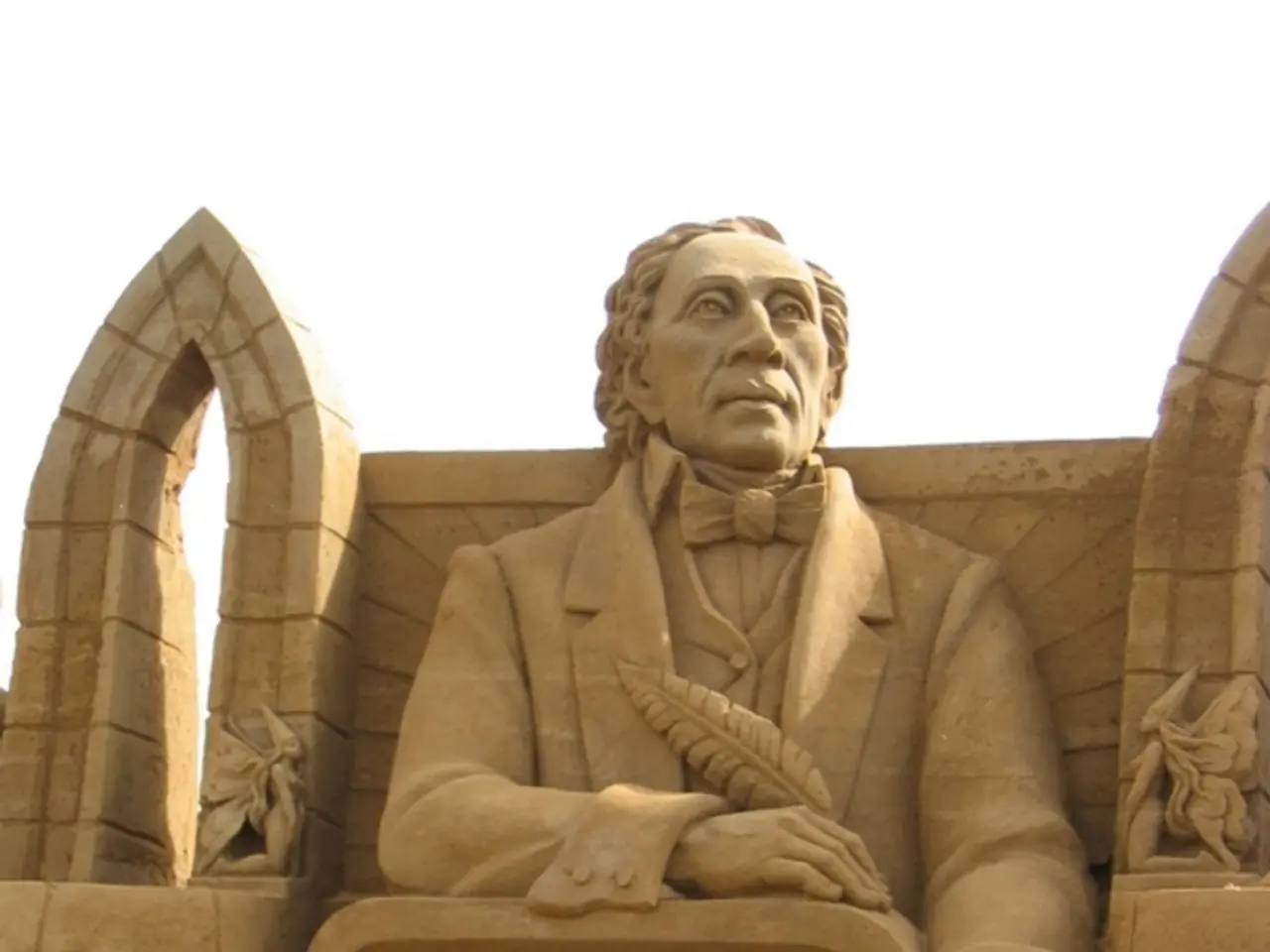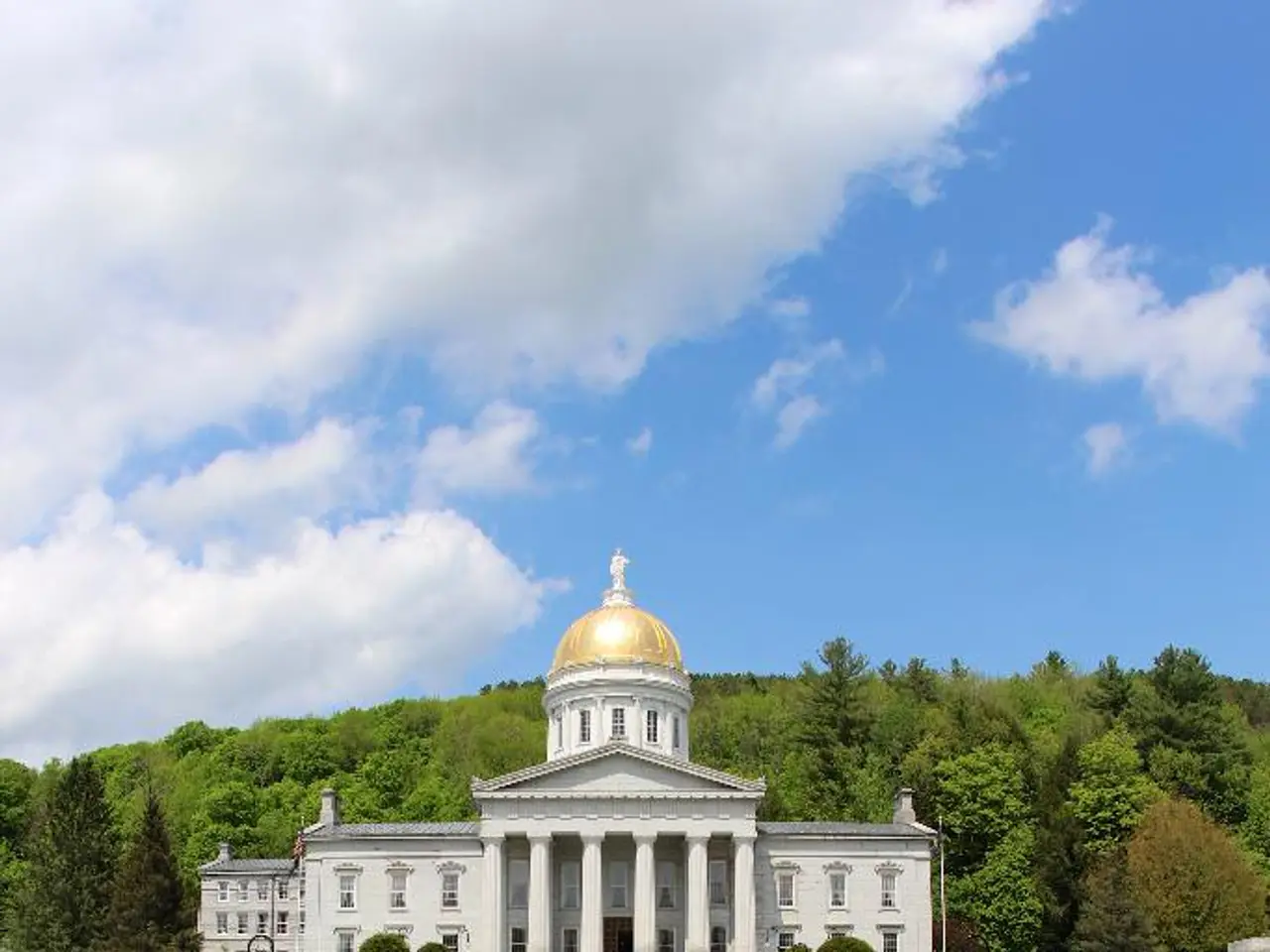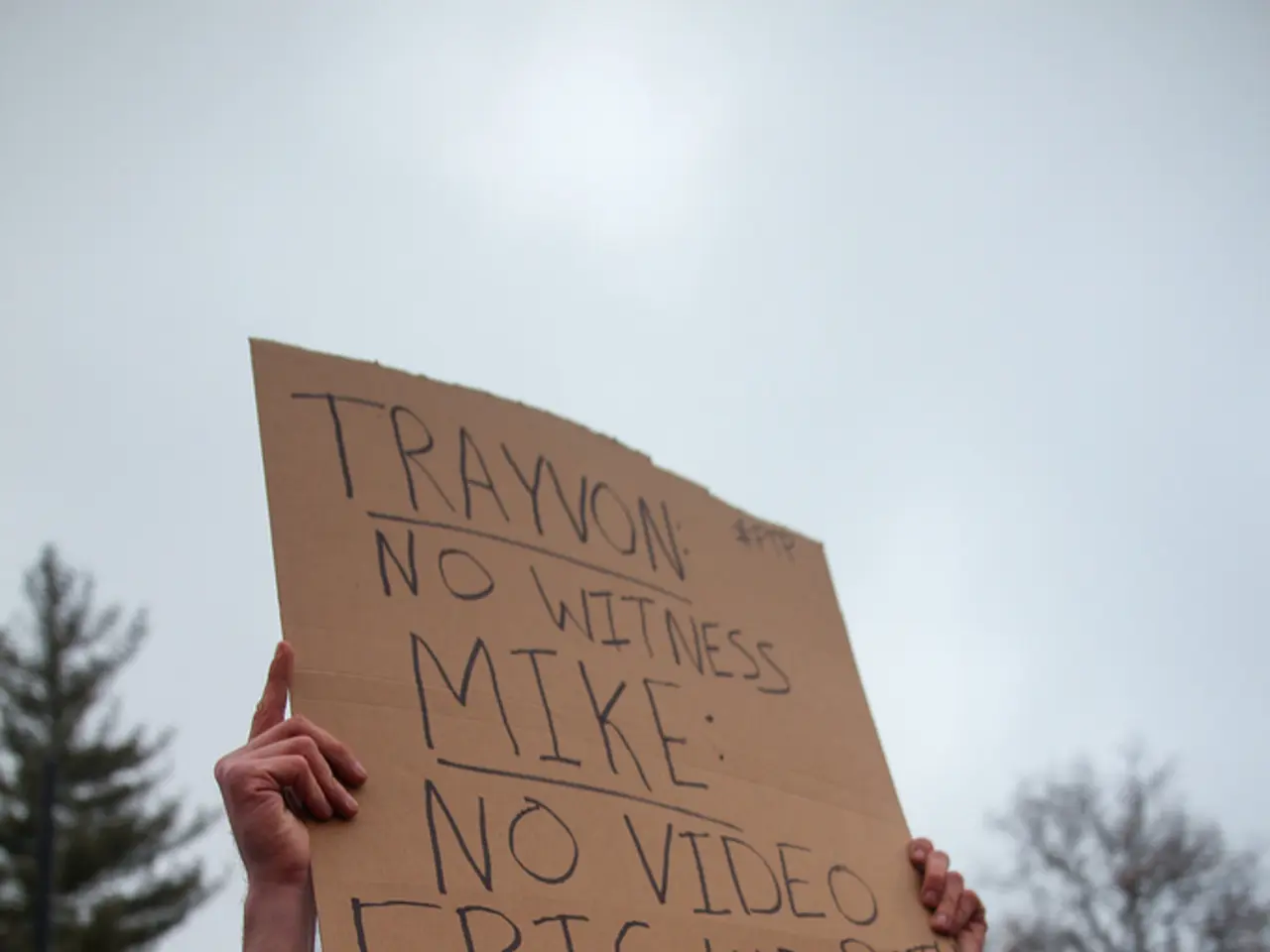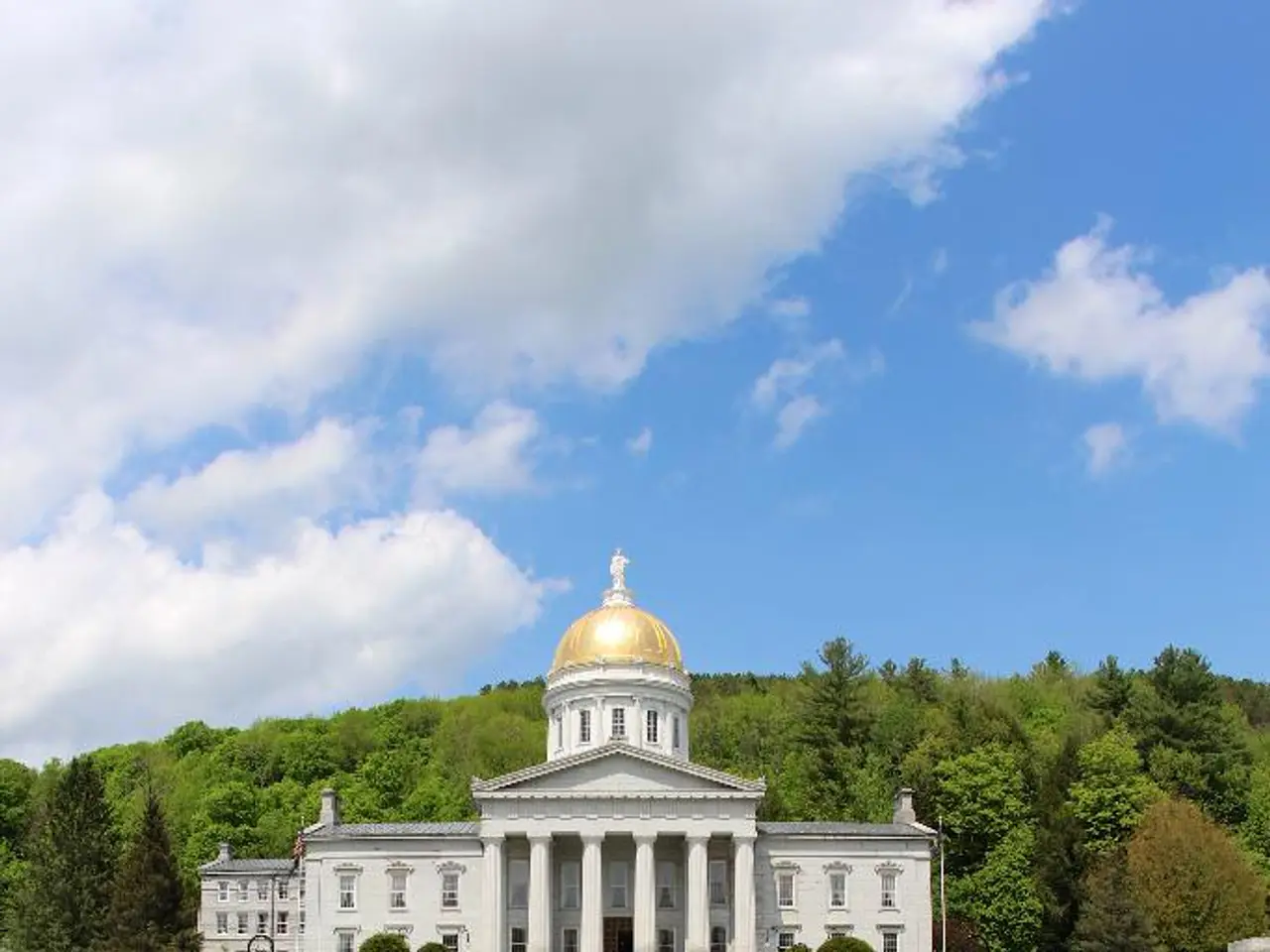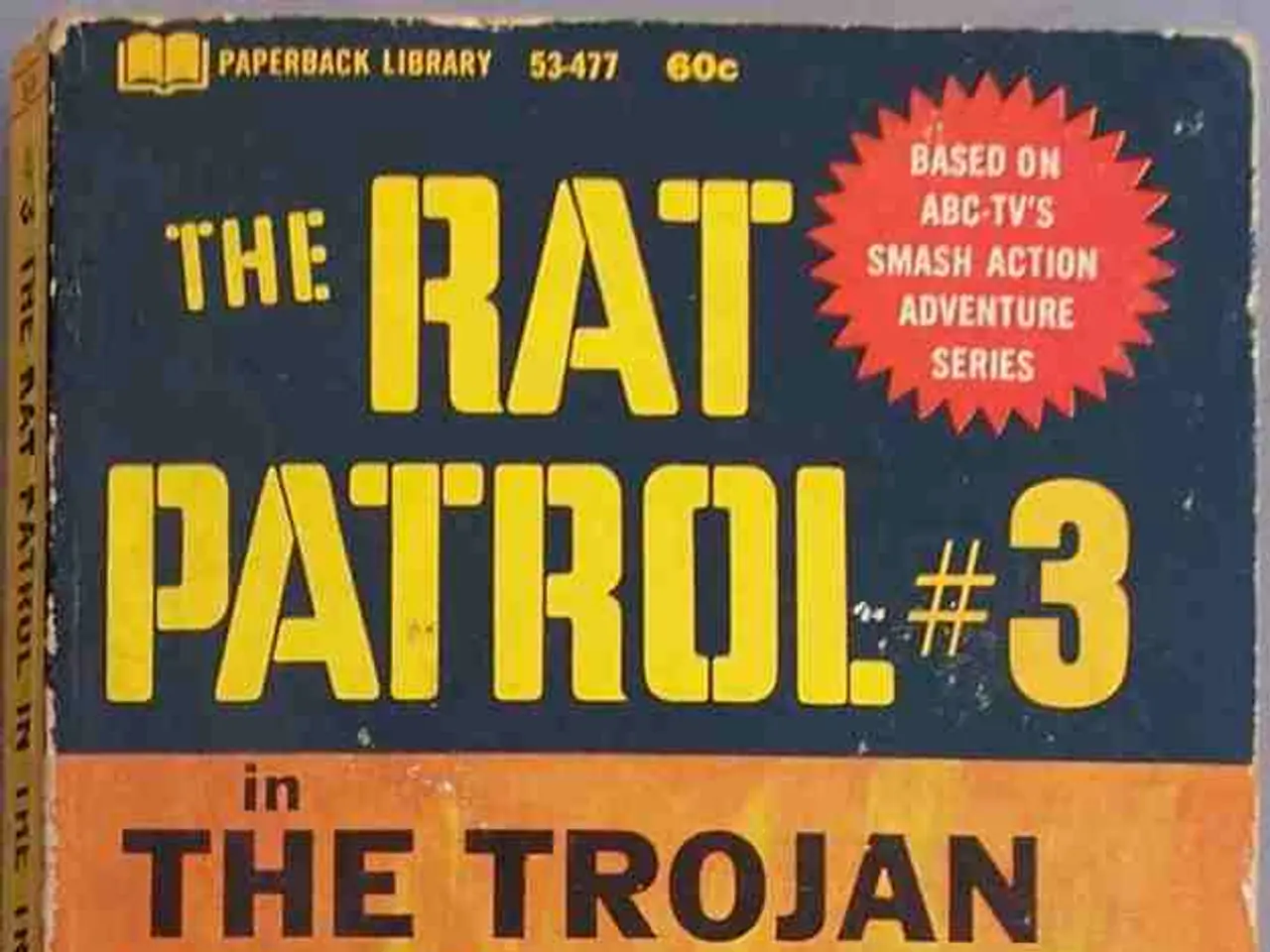Discussions of More Than 120 Proposals Unveiled at Peace Forum Held in Myanmar During 2025
News Article: Peace Forum 2025 for Myanmar Fails to Address Key Concerns
The Peace Forum 2025, hosted by Myanmar's military junta, concluded on June 27, with discussions focusing on the country's democratic transition, socio-economic challenges, and preparations for the junta-led elections. However, the event raised significant skepticism due to the exclusion of genuine ethnic resistance groups, political parties opposed to the junta, and key international actors.
The forum, themed "Towards a New Nation of Peace and Prosperity through the Integration of Peace, Elections and Development," primarily focused on discussing preparations for the elections and addressing socio-economic challenges. It also explored the role of the international community in post-election transition.
Key recommendations and outcomes discussed in relation to Myanmar's peace process included the integration of peace and happiness education in national curricula, promotion of non-violence, justice, healing, and inclusion, calls for immediate ceasefire and protection of civilians by the ASEAN Regional Forum (ARF), and ASEAN's Special Envoy efforts towards an inclusive and sustainable crisis resolution.
Despite these engagements, the military junta’s ongoing military operations, violation of ceasefires, and exclusion of key peace actors have undermined the legitimacy and prospects of genuine peace. Many Myanmar people remain skeptical of the junta’s promises, viewing the forum and forthcoming elections as tactics to legitimize military rule rather than achieve true democratic peace.
The forum emphasized the importance of free and fair elections and establishing a lawful parliamentary process. Key proposals discussed included the suspension of military conscription during pre-election and election periods, the release of individuals imprisoned for expressing dissent after the elections, and the convening of a constitutional review conference.
Colonel Wunna Aung, a member of the National Unity and Peacemaking Coordination Committee, stated that the recommendations will be submitted to the Prime Minister. All recommendations gathered at the forum will be compiled and submitted to the Prime Minister.
The forum was attended by representatives from armed groups, political parties, prominent figures, local and international scholars, and experts. However, it notably excluded genuine ethnic resistance groups, political parties opposed to the junta, and key international actors.
The event was held from June 25 to 27 under the theme of "Successful Elections." Despite the focus on elections, no new information was provided about the repatriation of 132 Myanmar nationals sentenced in Thailand to Kawthoung, the police detaining 8 foreign nationals near the protest site, or the four quakes near the Thai border in Myanmar and Vietnam.
In summary, the Peace Forum 2025 recommendations for Myanmar emphasize the need for inclusive peace processes involving all conflict stakeholders, protection of human rights as integral to peacebuilding, long-term educational and cultural shifts toward unity, immediate cessation of violence and facilitation of humanitarian aid, and regional and international support for a sustainable, just, and inclusive political transition. However, the actual outcomes as of mid-2025 reflect ongoing conflict, political exclusion, and limited progress on these fronts due to the military regime’s approach.
The Peace Forum 2025, held in Myanmar, discussed various aspects of the country's transition, including democratic transition, socio-economic challenges, and elections. However, it faced skepticism due to the absence of key international actors, ethnic resistance groups, and political parties opposed to the military junta.
The forum highlighted the role of international community in post-election transition and emphasized free and fair elections, suspending military conscription, releasing imprisoned dissidents, and a constitutional review conference. However, ongoing military operations, violations of ceasefires, and exclusion of peace actors have undermined prospects of genuine peace.
The event consisted of discussions on integrating peace and happiness education, promoting non-violence, justice, healing, and inclusion, and calling for immediate ceasefire and protection of civilians. Importantly, the ASEAN Regional Forum (ARF) and ASEAN's Special Envoy were involved in efforts towards an inclusive and sustainable crisis resolution.
The forum concluded with recommendations being submitted to the Prime Minister, yet the ongoing conflict, political exclusion, and limited progress on peace fronts indicate that more needs to be done in line with the forum's theme, "Successful Elections." General news reports on this matter have also highlighted issues such as the repatriation of sentenced Myanmar nationals, detainment of foreign nationals, and earthquakes near the Thai border, but they were not discussed at the forum.
